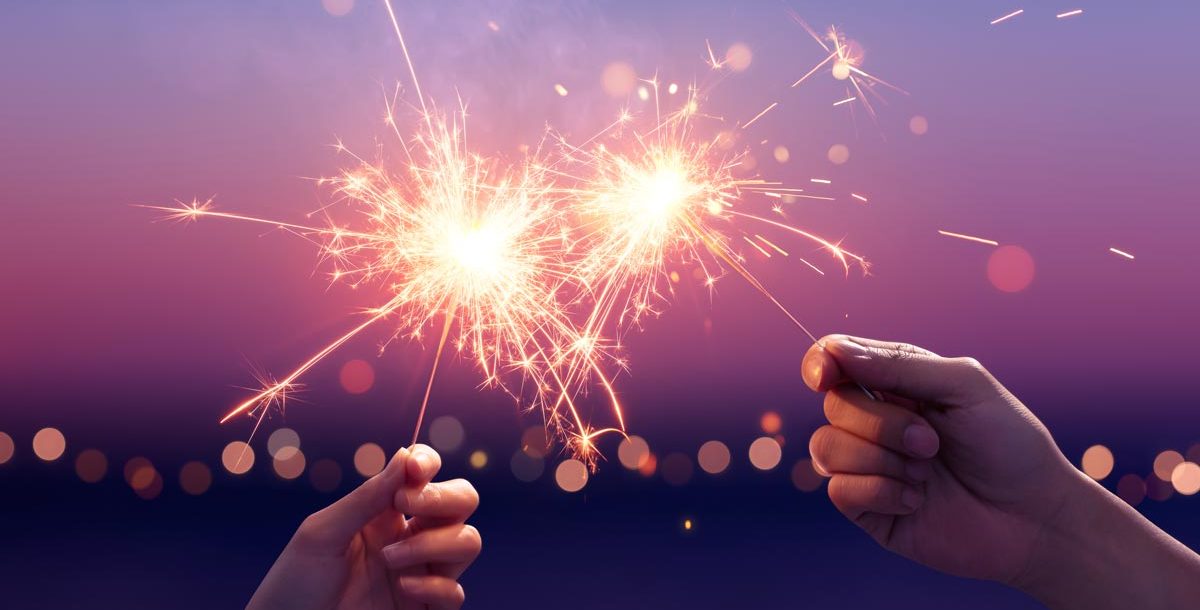As the Fourth of July approaches, most traditional holiday celebrations have been cancelled due to COVID-19. This year, it is not safe to gather in large crowds and attend big festivals like we have in the past. Since many firework celebrations might not be taking place, people may be tempted to conduct their own firework shows at home.
Mercy Health wants to remind everyone that fireworks can be VERY dangerous, causing serious burns and eye injuries. Nicole Knepper, RN, BSN, Trauma & Burn Outreach/Education/Prevention Coordinator at Mercy Health – St. Vincent Medical Center, a Level 1 Trauma Center offers some insight on how to stay safe.
Firework facts to know
- The types of fireworks that cause the most injuries are firecrackers, sparklers and bottle rockets.
- The most frequent injured body parts are the hands, head/neck, eyes and legs.
- Burns are the most common injury from fireworks.
- In addition to blindness, third degree burns and permanent scarring, fireworks can also cause life-threatening home and motor vehicle fires.
Here are some firework tips to keep your family safe this Fourth of July.
Do:
- Observe your local and state firework laws.
- Keep fireworks away from children. Make sure children stay a safe distance away from lit fireworks, behind a protected barrier.
- Consider safer alternatives such as glow sticks, confetti poppers or colored streamers. Parents often consider sparklers to be “safe fireworks,” but sparklers can reach 2,000 degrees and easily ignite clothing.
- Have a designated sober adult light all legal fireworks.
- Light one firework at a time and move away quickly.
- Store all fireworks out of the reach of children.
- Keep a bucket of water close for the disposal of fireworks.
Don’t:
- Don’t allow children to handle fireworks.
- Don’t attempt to alter, modify or relight fireworks.
- Don’t point or throw fireworks at anyone.
- Don’t allow children to pick up used fireworks- some may still be active.
- Don’t ever hold lit fireworks in your hand.
- Don’t consume alcohol or drugs when lighting fireworks.
- Don’t forget you can be held legally and financially liable for injuries caused by using fireworks.
If a burn does happen, run cool (not cold) water over the injured area to stop the burning process. Remove all clothing and jewelry from the injured area, then cover the area with a clean dry sheet or loose bandage. Seek medical attention if the burn is a bad one.
From all of us at Mercy Health, we wish you a safe, healthy and happy Fourth of July.
Learn more about the health care services offered at Mercy Health.






